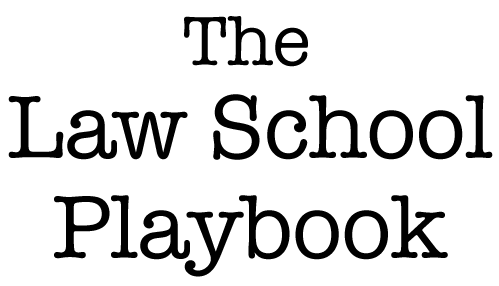In 2010, Congress enacted a law requiring fast food chains to list the calories of items on the menu. The law was premised on the belief that customers were making uninformed decisions, unknowingly consuming more calories than they had intended. Providing this information would surely lead to better choices, Congress reasoned. But here’s the thing—it didn’t. A study released this week showed that listing calories on fast food menus had virtually no lasting impact on customer orders.
As an academic success professional, my beliefs are similar to Congress’s. I believe that first years may unknowingly make poor decisions like playing back recordings of entire classes because they don’t know to use a reliable supplement for clarification. Second years may fail to memorize seminal case names for courses like Constitutional Law or Criminal Procedure because they weren’t required to do so during their first year. At bottom, I believe that knowledge leads to better decisions.
Although this belief is not inherently wrong, both the study released this week and my own anecdotal experiences with students suggest that it may be an over-simplification. Just as many factors influence food choice (e.g., convenience, cost, taste, or even peer pressure), there are many reasons why students opt to utilize certain study strategies (e.g., time constraints and a lack of resources). Best practices for eating and studying thus cannot be confined to a simple list of dos and don’ts.
With exams around the corner, I advise students to refrain from a singular focus on class prep and to instead adopt a broader strategy with an eye toward final exams. Time, I explain, should be spent on sufficient class prep and the all-important tasks of outlining, memorizing, practicing essays and answering multiple choice questions. Engage with the material, I say, and seek the advice of your doctrinal professors to close the gaps in your understanding. This advice is my equivalent of listing the calories.
So what makes a customer more likely to use the calorie information when ordering? What makes a student more likely to use my advice when studying? I believe it starts with a deliberate choice. Healthy eating and effective study habits don’t happen by accident, they are the product of conscious choices made on a regular basis. So what will you choose?
